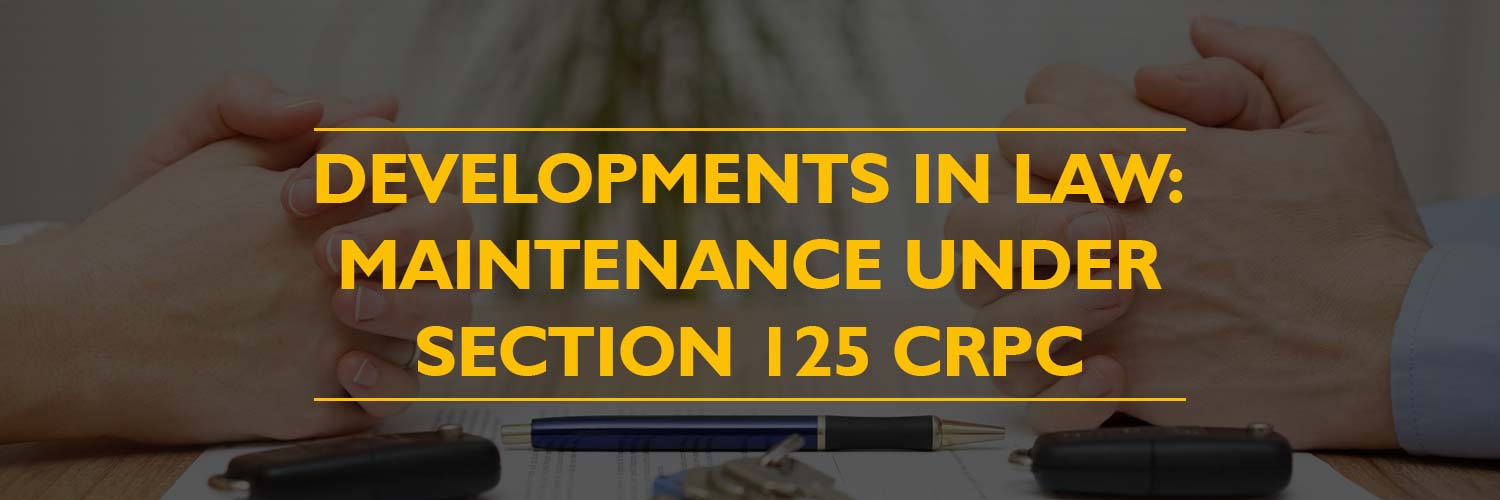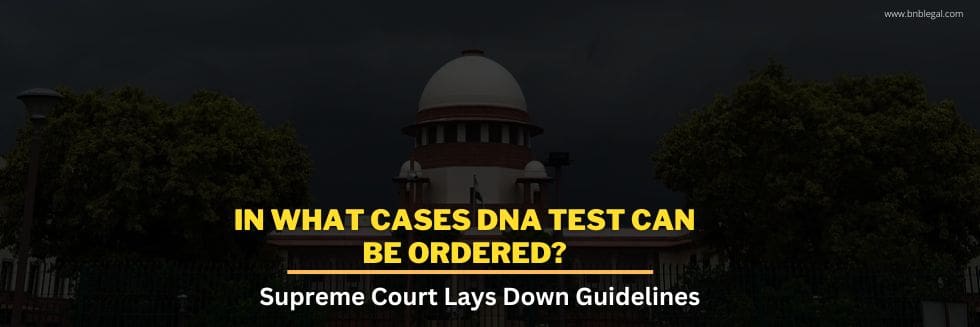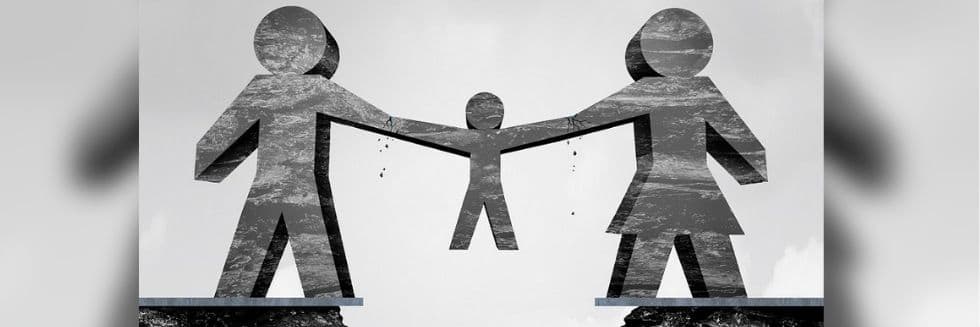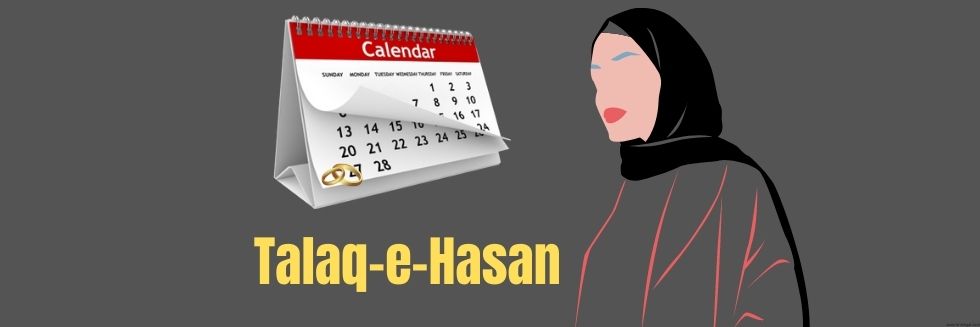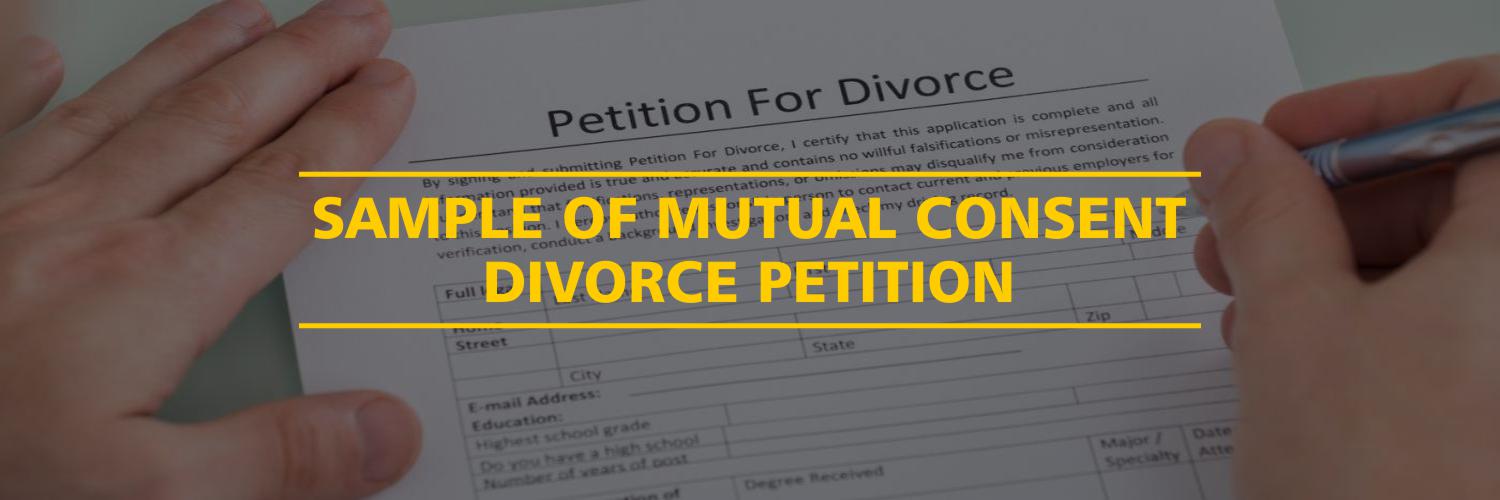Overview
The concept of ‘maintenance’ in India is covered both under Section 125 of the Code of Criminal Procedure, 1973 and the personal laws. The term ‘maintenance’ under Indian law, includes a right to food, clothing and shelter, being typically available to the wife, children and parents. It is a measure of social justice and an outcome of the natural duty of a man to maintain his wife, children and parents when they are unable to maintain themselves.[1] A three-Judge Bench in Vimla (K.) v. Veeraswamy (K.),[2] while discussing the basic purpose under Section 125 of the Code, opined that Section 125 of the Code is meant to achieve a social purpose. The object is to prevent vagrancy and destitution. It provides a speedy remedy for the supply of food, clothing and shelter to the deserted wife.[3]
Major Issues:
The Supreme Court in Captain Ramesh Chander Kaushal v. Veena Kaushal[4] stated that,”Section 125 CrPC is a measure of social justice and is specially enacted to protect women and children and as noted by this Court in falls within the constitutional sweep of Article 15(3) reinforced by Article 39 of the Constitution of India. It is meant to achieve a social purpose.”
The Supreme Court in the case of Bhuwan Mohan Singh v. Meena[5] observed that: “Be it ingerminated that Section 125 of the Code of Criminal Procedure was conceived to ameliorate the agony, anguish, financial suffering of a woman who left her matrimonial home for the reasons provided in the provision so that some suitable arrangements can be made by the Court, and she can sustain herself and also her children if they are with her.”
Latest Developments:
In the case of Manoj Kumar v. Champa Devi[6], the Supreme Court in appeal upheld the order passed by the High Court of Himachal Pradesh, whereby the Court had ordered the husband to grant maintenance to his deserted and divorced wife. The husband had contended that as the decree of divorce had been passed, he was under no responsibility to pay maintenance to the wife as contemplated under Section 125(4) of CrPC. However, the High Court held that a divorced woman continues to enjoy the status of ‘wife’ for claiming maintenance under Section 125 of CrPC. The High Court had observed that “it seems fairly clear that the expression ‘wife’ in the said sub-section does not have the extended meaning of including a woman who has been divorced. This is for the obvious reason that unless there is a relationship between husband and wife, there can be no question of a divorced woman living in adultery or without sufficient reason for refusing to live with her husband. After divorce where is the occasion for the women to live with her husband? Similarly, there would be no question of the husband and wife living separately by mutual consent because after divorce there is no need for consent to live separately. In the context, therefore, sub-section (4) of Section 125 does not apply to the case of a woman who has been divorced or who has obtained a decree for divorce.”[7] The Court stated that a divorced wife also falls within the purview of Sec. 125 CrPC, and is thus entitled to maintenance.[8]
In the case of Anil v. Mrs. Sunita[9], the wife left her husband’s home and resided at her matrimonial home. In the case, the husband also claimed that he went to bring her wife back, but she refused. The wife in the case had claimed maintenance from her husband of Rs. 5000. The husband in the case claimed that the wife without any sufficient reason was refusing to stay with him and also that she was an advocate and capable of earning and still was demanding maintenance.
In view of the aforesaid facts, the Madhya Pradesh High Court denied maintenance to the wife and observed that in view of the facts of the case, wife lived in her matrimonial home for 7 and 12 days for the first and second time respectively, and it is alleged that she was harassed in these 12 days. After 12 days she had voluntarily gone with her brother to select a girl for the marriage of her brother. Thus, it cannot be held that she was forced out of her matrimonial home.
In Prakash Babulal Dangi v. The State of Maharashtra[10], the wife, had originally claimed maintenance under Section 125 CrPC and same was awarded by the Court. While the case under Section 125 of CrPC was pending, a case was filed, and interim maintenance was sought by the wife under Domestic Violence Act, whereby the husband was directed to pay maintenance of Rs. 8000 and Rs. 5000 to wife and daughter respectively. The Bombay High Court made reference to Section 36 of Domestic Violence Act, 2015 which states that maintenance shall be in addition to, and not in derogation of the provisions of any other law and held that “the amount of maintenance awarded under the Domestic Violence Act cannot be substituted to the order of maintenance under Section 125 of CrPC.”[11]
Reference:
- Savitaben Somabhai Bhatiya v State of Gujarat and Others, (2005) 3 SCC 636.
- (1991) 2 SCC 375
- Id.
- AIR (1978) SC 1807
- 2014 Cr.L.J. 3979
- Special Leave to Appeal (Crl.) No(s).10137/2015, decided on April 06, 2017 Available at: https://www.vakilno1.com/legal-news/landmark-judgments-2017 maintenance.html#Wife_living_separately_from_Husband_without_any_reason_cannot_claim_maintenance_under_Section_125_CrPC
- Id.
- Id.
- Criminal Revision No.829 of 2014, Available at: https://www.vakilno1.com/legal-news/landmark-judgments-2017maintenance.html#Wife_living_separately_from_Husband_without_any_reason_cannot_claim_maintenance_under_Section_125_CrPC
- Criminal Application No. 296 of 2017, decided on October 10, 2017
- Id.
